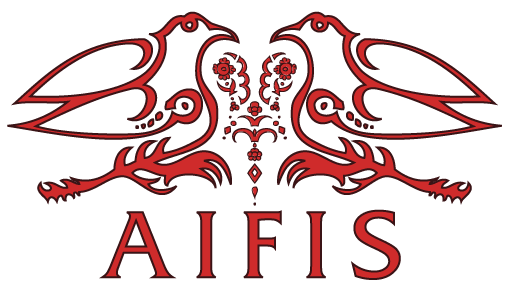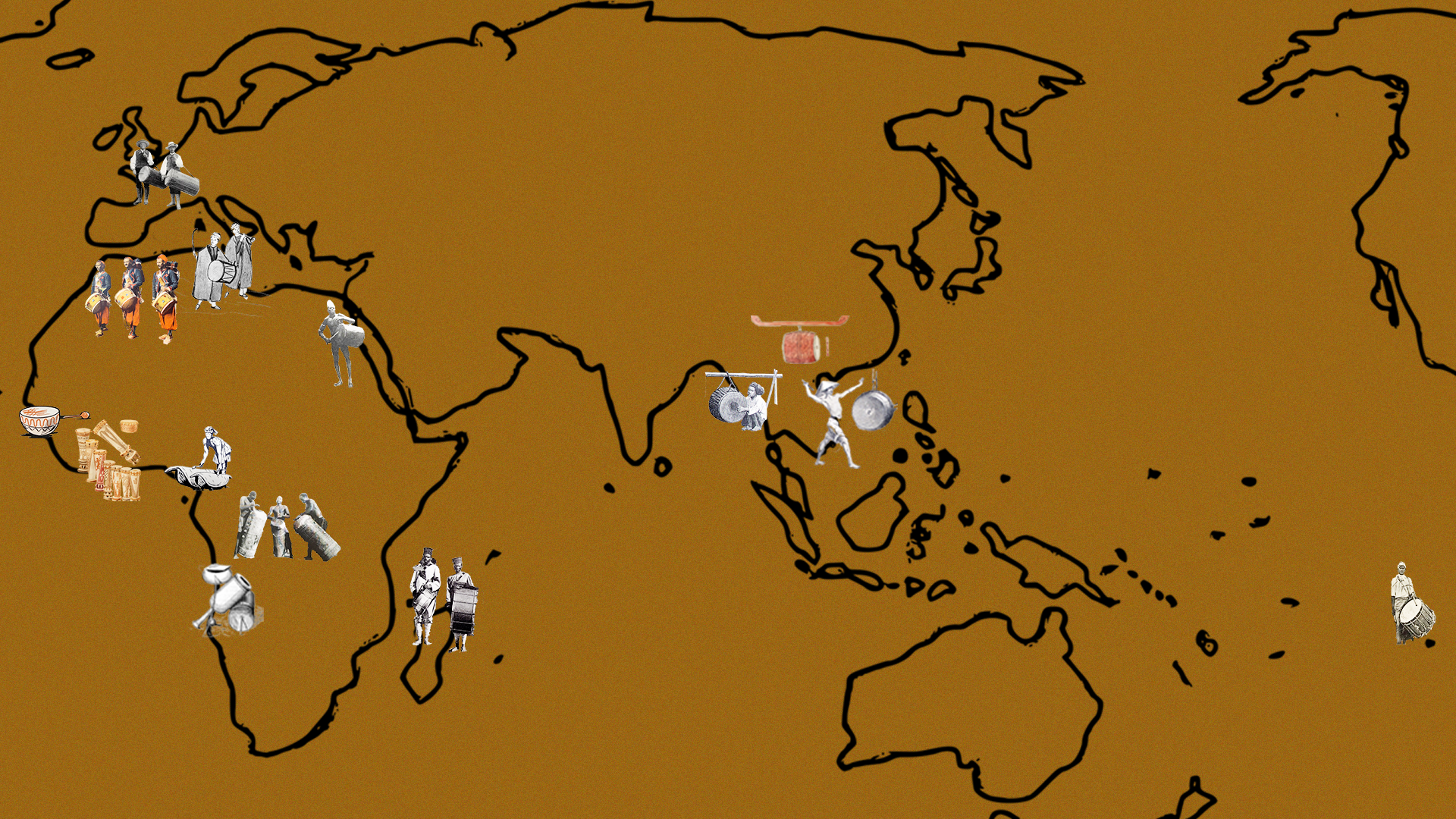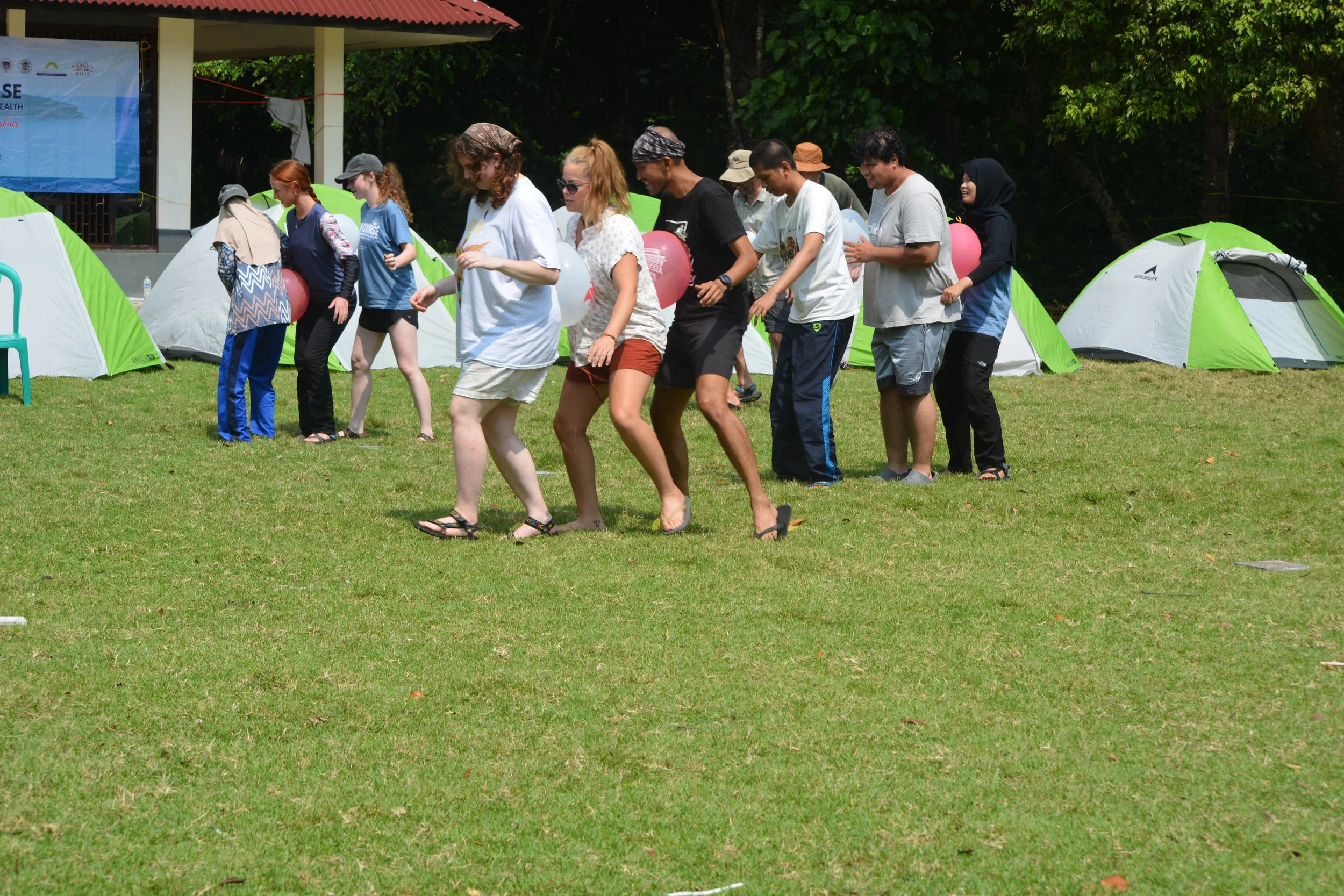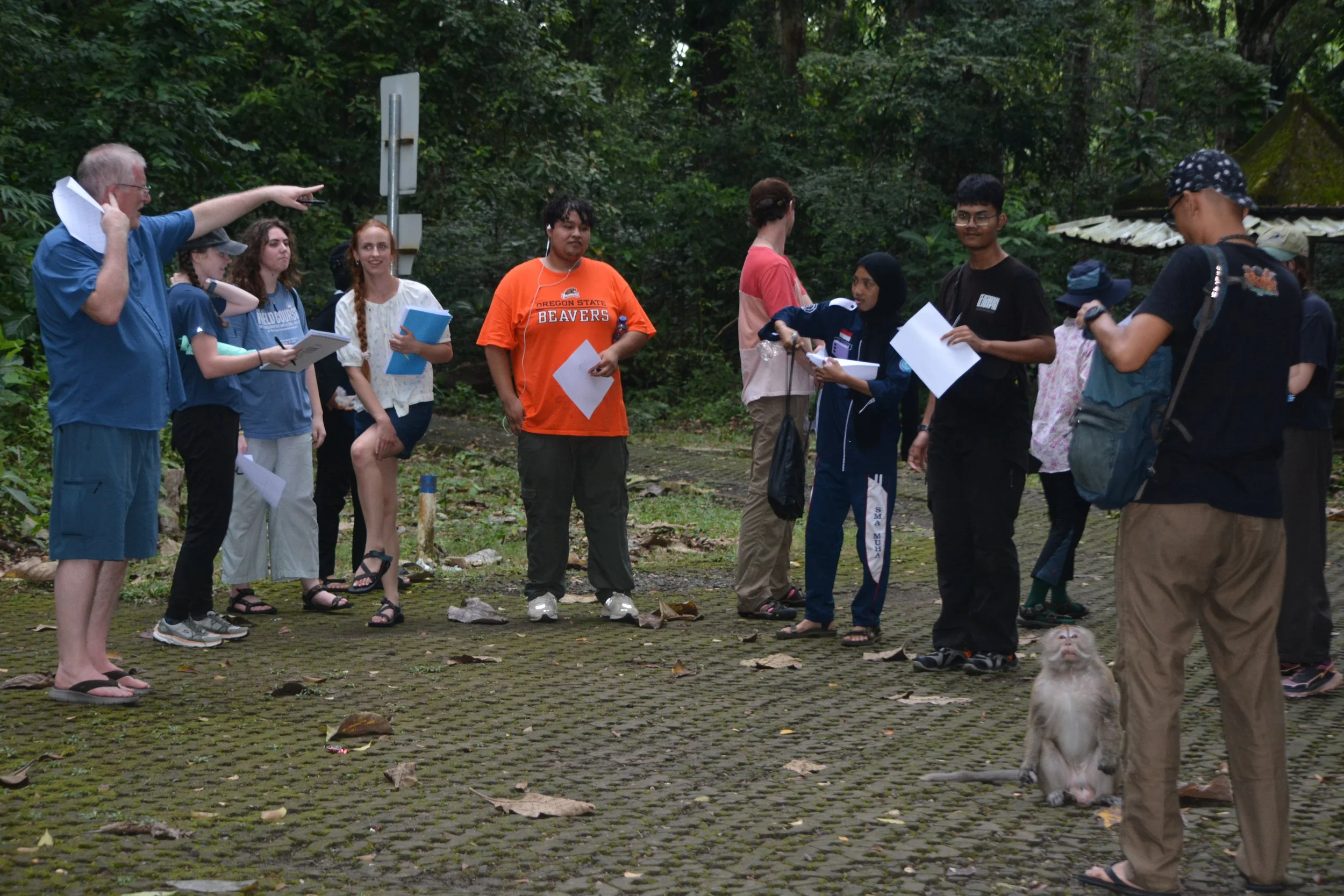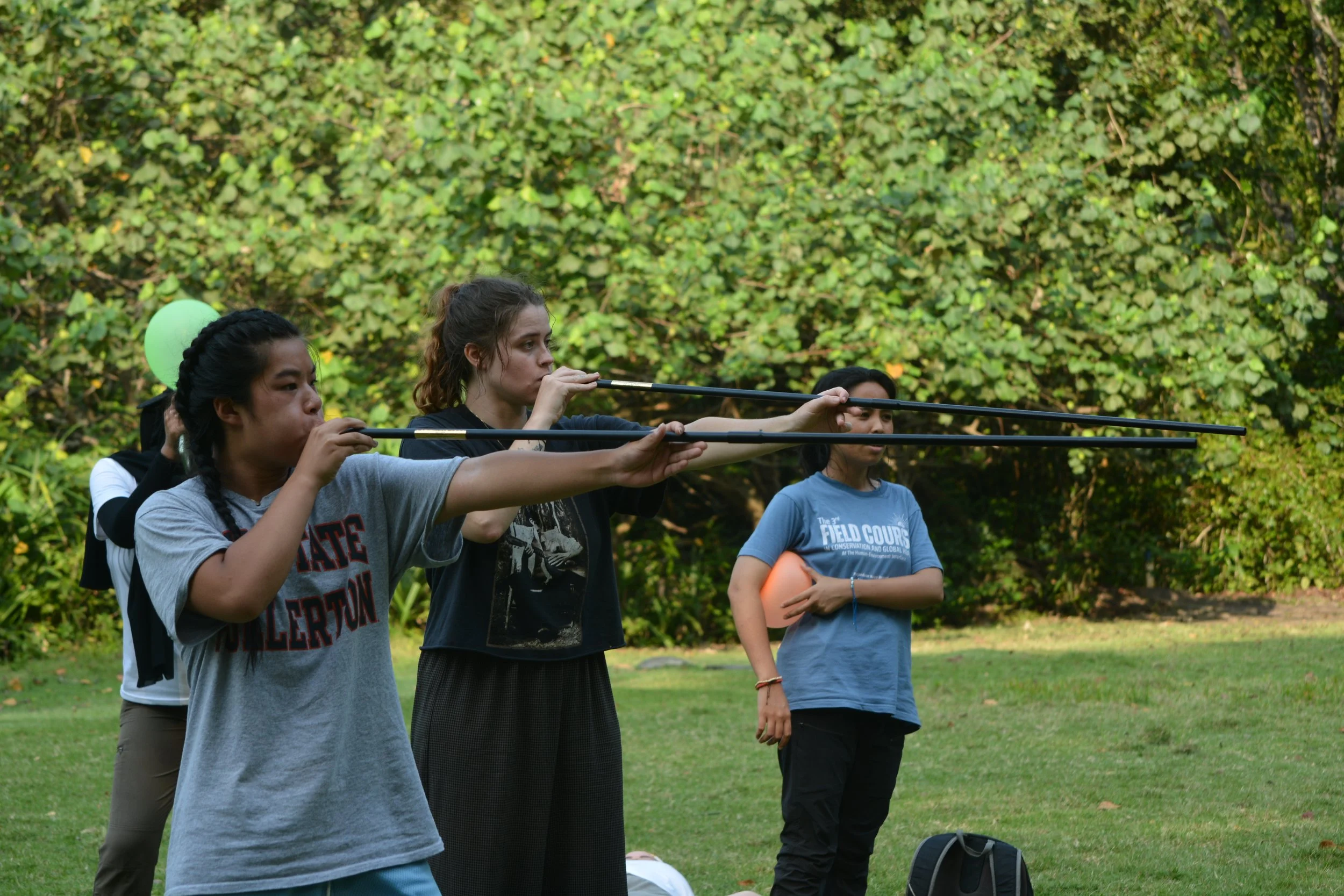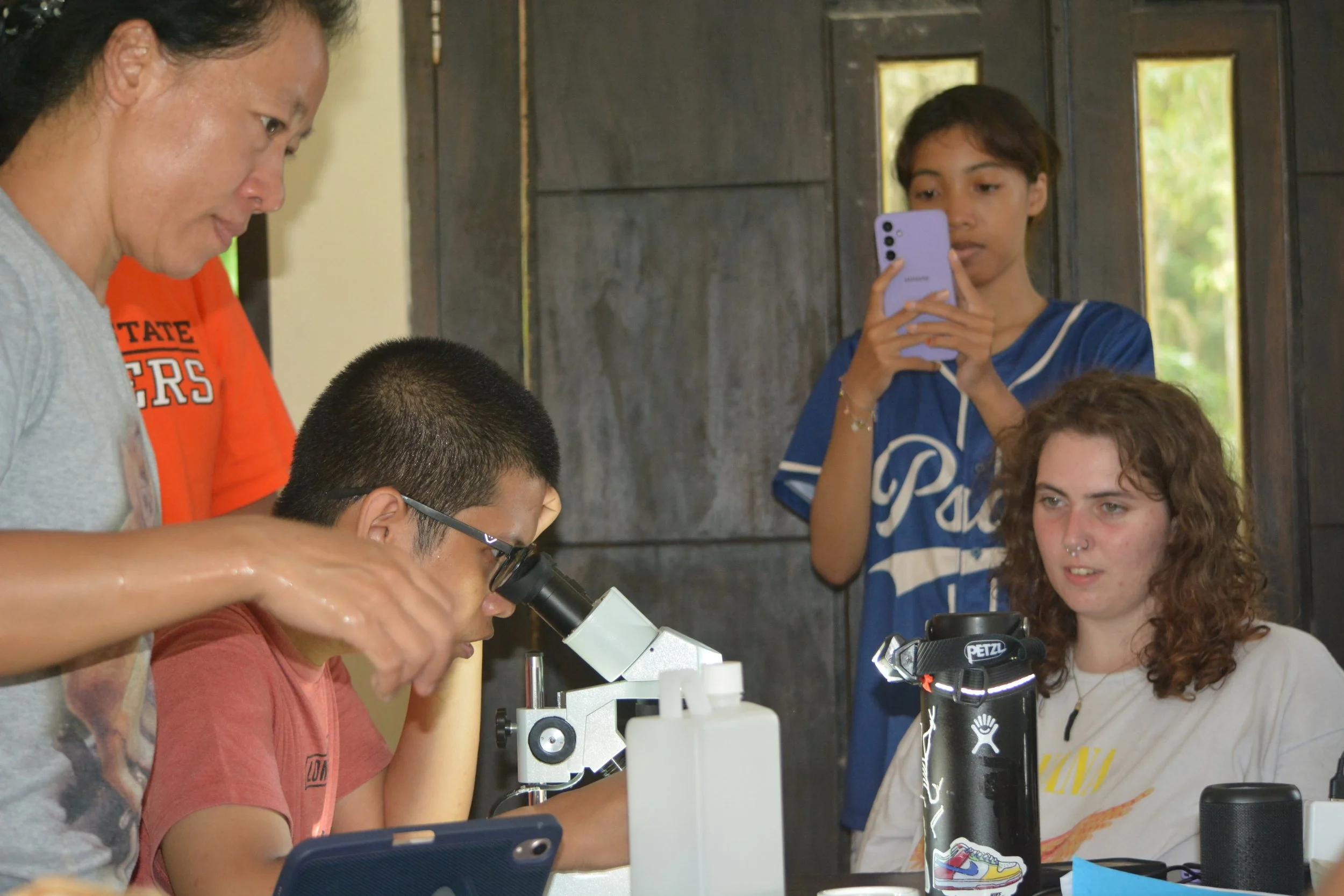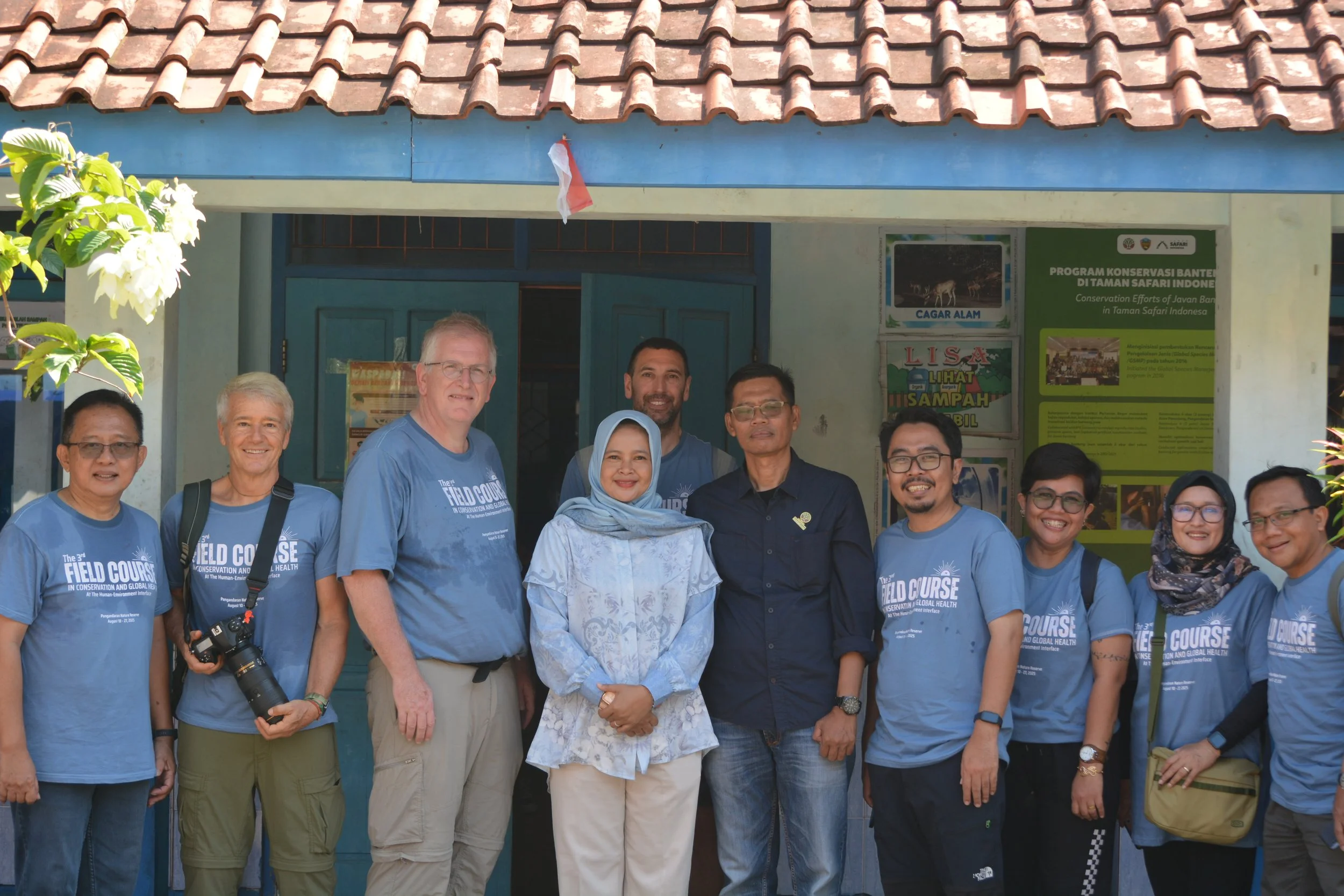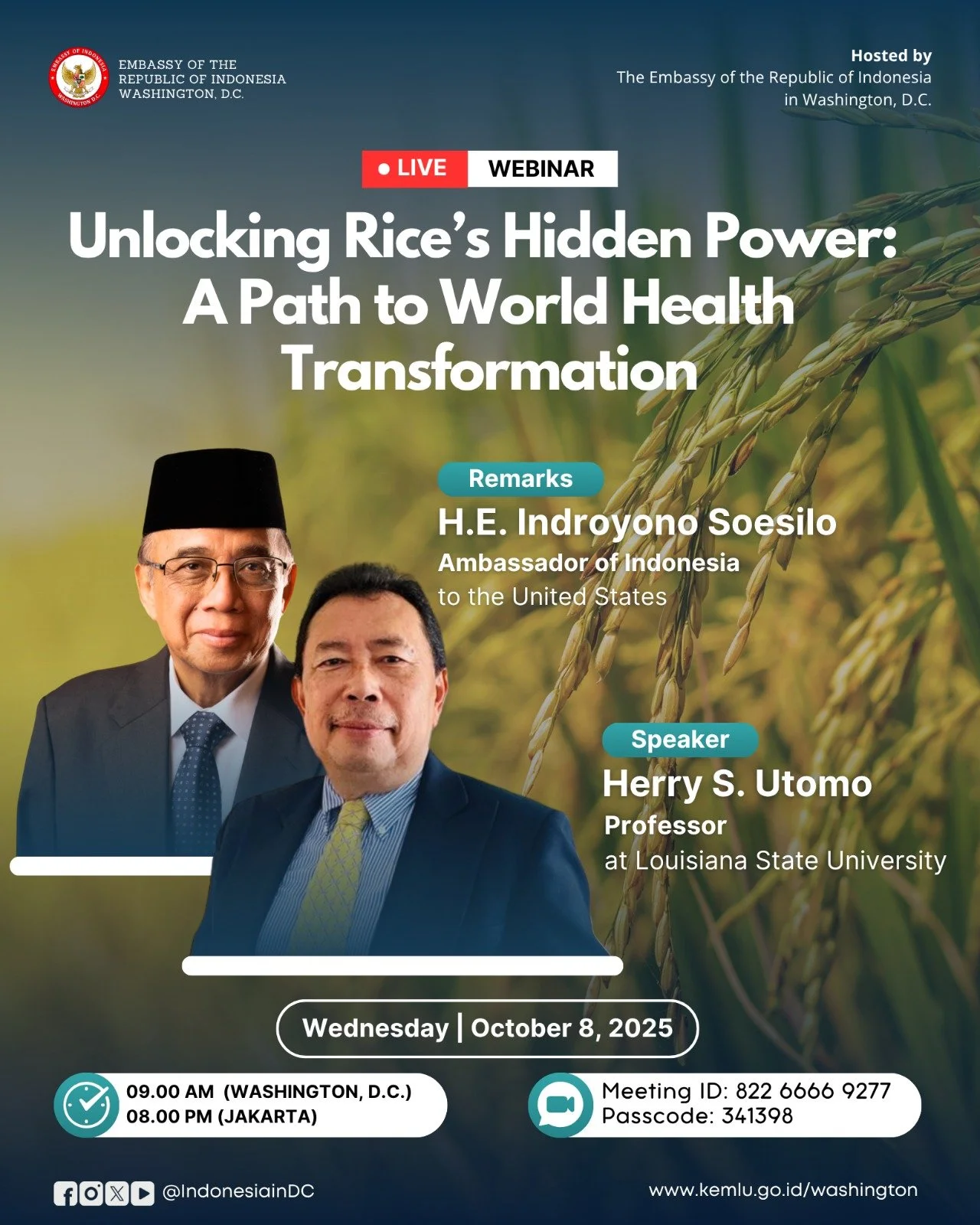Submission Deadline: 7 November 2025
Languages: English and French
More Information & Submission Form: https://musicol.ucsd.edu/wp6b/
Scholars of Indonesian Studies and global colonial cultures are invited to submit papers for two upcoming international symposia organized under the ERC Advanced Grant “The Sound of Empire in 20th-Century Colonial Cultures: Rethinking History through Music (MusiCol)” project. These events bring together researchers from around the world to explore how music and sound shape our understanding of colonial and postcolonial histories.
1️⃣ Music as Relation
Nice, 13–15 April 2026
This symposium invites participants to rethink history through music-making, collaboration, and performance in colonial settings. Topics include the role of musicians in urban centers such as Batavia and Surabaya, the agency of local performers under colonial rule, and comparative approaches across different empires.
2️⃣ Music and Media in 20th-Century Empires
Paris, 16–18 April 2026
This event explores the impact of recordings and radio broadcasting on musical and cultural exchanges in colonial contexts. Participants are encouraged to examine the everyday programming of colonial radio, the circulation of music across social and geographic boundaries, and the ways sound shaped emerging postcolonial identities.
Both symposia aim to foster interdisciplinary dialogue among scholars of music, history, media, and empire—from the French and Dutch to British, Portuguese, and other colonial contexts.
